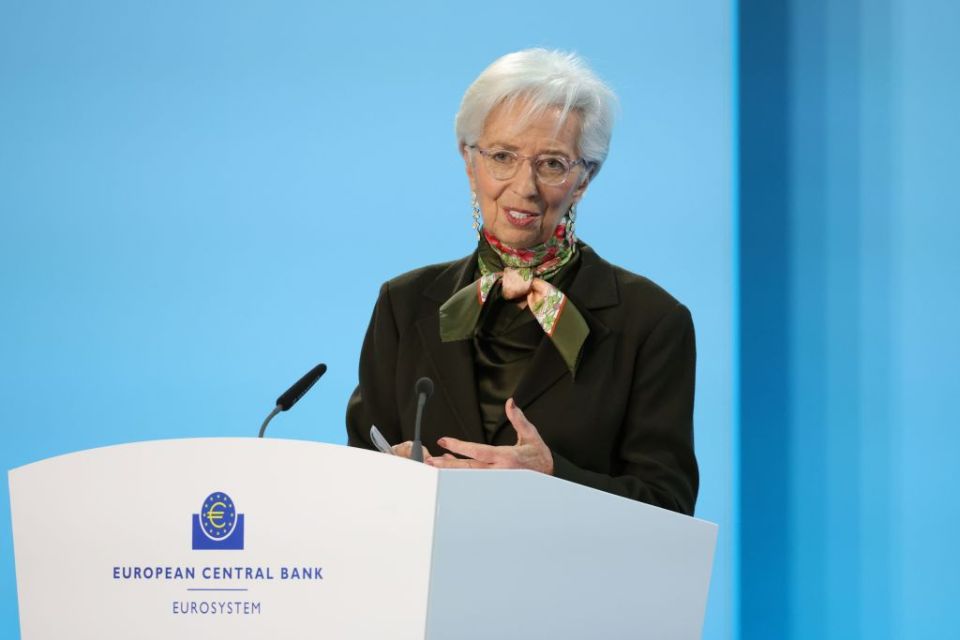Ireland to keep European economy out of a recession as Britain gets left behind

Europe is poised to swerve a recession this year in a massive U-turn from warnings of blackouts sweeping across the bloc, with GDP powered by Ireland, new forecasts out today claim.
Growth in the European Union (EU) will hit 0.8 per cent this year, an upgrade from the just 0.3 per cent forecast last autumn, according to the European Commission (EC).
That upgrade means the continent is now poised to skirt a technical recession, defined as two consecutive quarters of negative growth.
Britain on the other hand is forecast to tumble into a reversal lasting 15 months and shaving around one per cent off GDP.
“The slowdown in the third quarter turned out milder than previously estimated and in the fourth quarter, the EU economy managed a broad stagnation, instead of the 0.5 per cent contraction expected in autumn,” the EC said in its latest economic forecasts.
The Republic of Ireland is on course to be Europe’s economic powerhouse this year, with GDP expanding nearly five per cent.
The EC attributed expected robust growth to “a strong labour market together with very high household savings underpin further private consumption growth”.
Germany, the bloc’s historic industrial engine, will only squeeze out 0.2 per cent output growth in 2023, while France will notch a 0.6 per cent expansion.
Economists had rushed out dire warnings about Europe suffering blackouts caused by Russia sucking energy supplies from the market in retaliation to sanctions imposed on it in response to the Kremlin’s invasion of Ukraine.
However, a rapid build of liquified natural gas supplies from the US and Qatar, weaker energy spending in China and a milder winter helped rebalance the European energy market.
As a result, those initial economic projections now look overcooked.
Inflation is still running extremely hot on the continent despite high gas prices unwinding, hitting 8.5 per cent last month, although it has declined for a few months in a row.
“Consumers and businesses continue to face high energy costs, and with more than 90 per cent of the core items in the HICP basket registering above-average price increases, inflationary pressures are still broadening,” the EC said.
The European Central Bank (ECB) has raised interest rates quickly to tame price pressures, backing two consecutive 50 basis point increases and a 75 basis point rise before that.

But the spreading of price pressures means ECB president Christine Lagarde and the governing council’s tightening cycle is “set to continue, exerting a drag on investment,” the EC said.
European interest rates had been negative for several years in a bid to boost spending.
Investors reckon European borrowing costs will peak around 3.5 per cent.